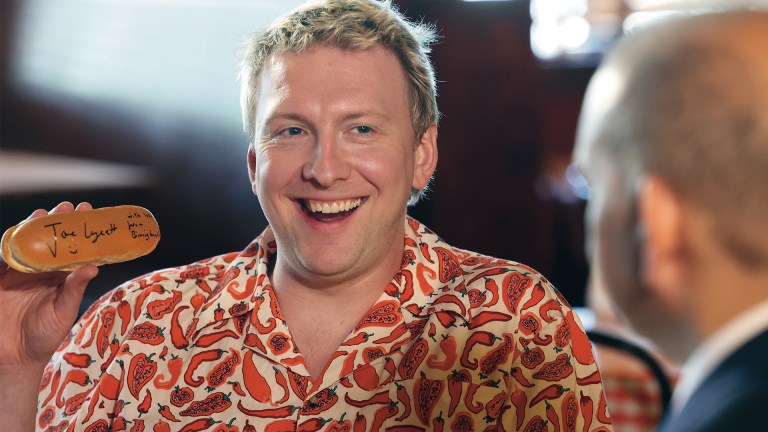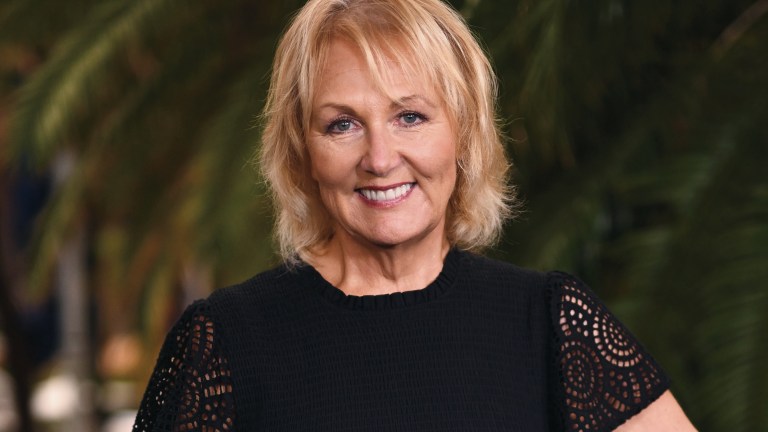Every year 170,000 people go missing in the UK. It is an enormous number and, while some of their names make headlines, most cause quiet anguish behind closed doors for the people closest to them. There is desperation in the unknown as the world loses interest, not out of malice, but because people have their own troubles to face.
Missing people is a topic of, often morbid, fascination in popular culture – but it is challenging to represent on screen. There’s rarely a tidy resolution, and often the focus will be on the most sensationalist plot points. But Emmerdale is taking a punt as teenager April Windsor vanished on Christmas Day.
As one of the nation’s favourite soaps, it has an opportunity to portray the real anguish of a loved one going missing to its millions of viewers. Unlike a 90-minute film or a two-part drama, it has the space to explore the mundane moments.
- ‘I’m very privileged’: Nicola Coughlan on Doctor Who and mixing politics and pop culture
- A person is reported missing every 90 seconds in UK – and cost of living crisis is making it worse
For Mark Charnock, who plays April’s father Marlon Dingle, the real grief lies there. “It’s those moments of ordinariness that I think are the worst. There’s no noise. There’s no teenage music coming from the bedroom. No school runs. Every single millisecond of every day is filled with absence,” he says.
Emmerdale’s creators and cast worked with charity Missing People, and Charnock says he felt a responsibility to represent people’s experiences as authentically as possible.
“Anything less than that is an insult. I don’t think it can ever be properly understood unless you’ve been through it yourself. I would never pretend to understand it. But if we can stretch the empathy as far as we can go, then we’ve done our job.”










